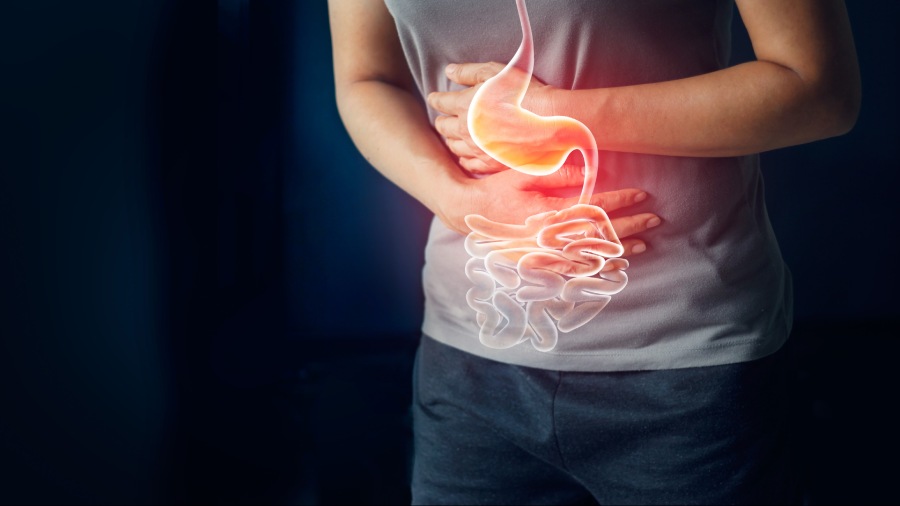Summer is the season for diarrhoea, not just in India but also across the world. A second resurgence occurs during the rainy season. Although diarrhoea can be dangerous in all age groups, mortality is exceptionally high in children under two years, especially among those not breastfed during the first year of life.
A high ambient temperature helps bacteria thrive once food or water has been contaminated. Poor hygiene, lack of sterilisation of food, unfiltered, contaminated drinking water as well as infrequent and ineffective handwashing techniques add to the problem. Many pathogenic bacteria can cause diarrhoea; common offenders are E coli, shigella and salmonella. Live bacteria are killed if food is heated and served piping hot. Unfortunately, any disease-causing bacteria present may have already released heat-resistant diarrhoeaproducing toxins into the food by then.
Viruses like the rotavirus also cause diarrhoea, but this is commoner in winter. It is dangerous and can be fatal in children. A rotavirus infection is prevented if the infant receives three doses of oral rotavirus vaccine as part of the immunisation schedule.
Ideally, children need to be exclusively breastfed during the first six months of their life. Immunity against diarrhoea is transferred from the mother through breast milk. Breast milk is sterile and has no risk of contamination. Once children crawl and walk, they tend to put contaminated objects in their mouths, causing infective diarrhoea.
Parasites such as giardia, hookworms, roundworms and pinworms can also cause diarrhoea in children and adults.
Acute diarrhoea usually disappears on its own after two days, even without treatment. Persistent diarrhoea lasts around two weeks. It usually has an infective cause. Recovery occurs once specific treatment is given. It is labelled as “chronic” if it lasts a month or more. It may be due to chronic infections, food intolerance or allergies, hyperthyroidism, autoimmune diseases, medications, artificial sweeteners or malignancy.
Diarrhoea, irrespective of the precipitating factor, can cause dehydration. There is increased thirst, less urine, fatigue and listlessness. Cramps may occur in the abdomen and legs, urine infection can occur and the blood volume drop, causing shock. Seizures may occur if there are electrolyte imbalances as well. Rehydration is the mainstay of diarrhoea treatment. Plain water is ineffective as it replaces only the fluid lost and not the electrolytes. You can drink lime juice with salt, salted buttermilk and tender coconut water. Drink small quantities at frequent intervals till the urine becomes a pale yellow colour. Commercially available ORS (oral rehydrating solution) can be used. It is known as “ready-mix” and is available in a sachet. The powder must be reconstituted exactly according to the instructions on the sachet. ORS can be made at home with a litre of boiled and cooled water, six teaspoons (1 teaspoon = 5gm) of sugar and half a teaspoon of salt.
Medications such as loperamide and bismuth slow intestinal motility and decrease diarrhoea. It is possible to overdose on such medications and develop bloating. They should not be given to children under the age of 12. Bacterial and parasitic diarrhoea should be treated with appropriate medication. Antibiotics will work only if the diarrhoea is due to bacterial infection.
Prevent infective diarrhoea:
- Wash hands with soap and water for 20 seconds before eating
- Do not eat cut fruits or raw vegetables outside
- Eat only piping hot food n Do not drink unfiltered water
The writer has a family practice at Vellore and is the author of the book Staying Healthy in Modern India. If you have any questions on health issues please write to yourhealthgm@yahoo.co.in










